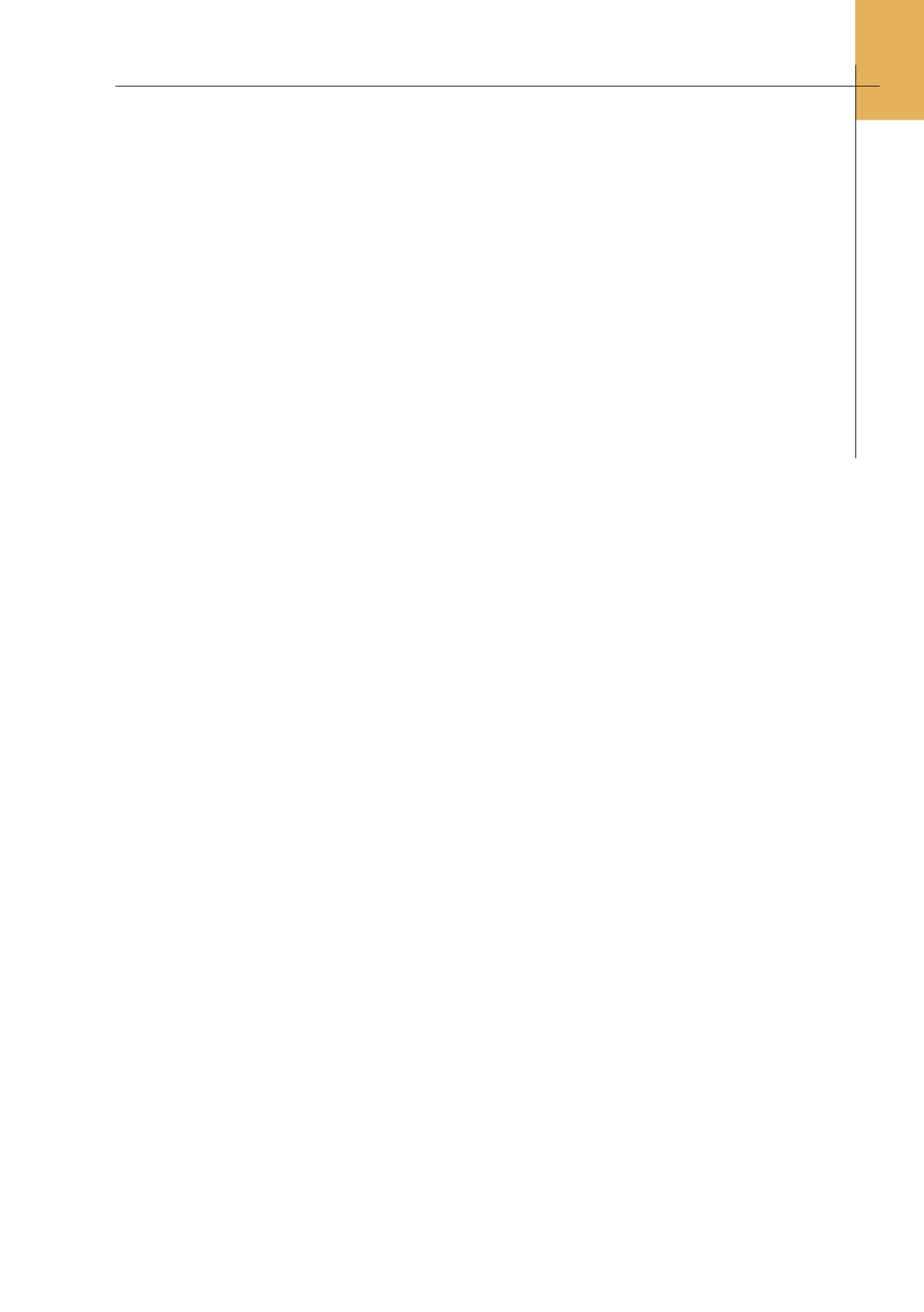

СОВРЕМЕННОЕ СОСТОЯНИЕ УПРАВЛЕНИЯ ГЕНЕТИЧЕСКИМИ РЕСУРСАМИ ЖИВОТНЫХ
475
FAO.
2007a. The Neuquén criollo goat and its production
system in Patagonia, Argentina, by M.R. Lanari, M.J.
Pérez Centeno & E. Domingo.
In
K-A. Tempelman
& R.A. Cardellino, eds.
People and animals.
Traditional livestock keepers: guardians of domestic
animal diversity,
pp. 7–15. FAO Interdepartmental
Working Group on Biological Diversity for Food
and Agriculture. Rome.
FAO.
2007b. Managing lowland buffaloes in the hills
of Nepal, by K. Gurung & P. Tulachan.
In
K-A.
Tempelman & R.A. Cardellino eds.
People and
animals. Traditional livestock keepers: guardians
of domestic animal diversity,
pp. 27–29. FAO
Interdepartmental Working Group on Biological
Diversity for Food and Agriculture. Rome.
FAO/UNEP.
2000.
World watch list for domestic animal
diversity,
3rd Edition, edited by B. Scherf. Rome.
Gandini, G.C. & Villa, E.
2003. Analysis of the cultural
value of local livestock breeds: a methodology.
Journal
of Animal Breeding and Genetics,
120(1): 1–11.
Hall, S.J.G.
2004. Conserving animal genetic resources:
making priority lists of British and Irish livestock
breeds.
In
G. Simm, B. Villanueva, K.D. Sinclair & S.
Townsend, eds.
Farm animal genetic resources,
pp.
311–320. Nottingham, UK. Nottingham University
Press.
Historical Timeline of the Auckland Islands
(available
at
http://www.murihiku.com/TimeLine.htm).
Joost, S.
2005. Econogene Consortium. In F. Toppen &
M. Painho, eds.
Proceedings of the 8th 328 AGILE
Conference on GIScience,
held May 26–28, 2005,
Estoril Portugal, pp. 231–239. Association of Geog-
raphic Information Laboratories for Europe (AGILE).
Köhler-Rollefson, I.
2004.
Farm animal genetic resources.
Safeguarding national assets for food security and
trade.
Summary Publication about four workshops
on animal genetic resources held in the SADC
Region. FAO/GTZ/CTA.
Mansbridge, R.J.
2004. Conservation of farm animal
genetic resources – a UK view.
In
G. Simm, B.
Villanueva, K.D. Sinclair & S. Townsend, eds.
Farm
animal genetic resources,
pp. 37–43. Nottingham,
UK. Nottingham University Press.
Marczin, O.
2005.
Environmental integration in
agriculture in south eastern Europe.
Background
document to the SEE Senior Officials meeting on
agriculture and environment policy integration,
Durres, Albania, April 15-16, 2005. Szentendre,
Hungary. The Regional Environmental Center for
Central and Eastern Europe.
Massip, A.
2001. Cryopreservation of embryos of farm
animals.
Reproduction in Domestic Animals
, 36(2):
49–55.
Mendelsohn, R.
2003. The challenge of conserving
indigenous domesticated animals.
Ecological
Economics,
45(3): 501–510.
Norton, B.G.
2000. Biodiversity and environmental
values in search of a universal ethic.
Biodiversity
and Conservation,
9(8): 1029–1044.
NZRBCS.
2002.
Enderby Island cattle: a New Zealand
Rare Breed Society rescue project.
(available at
http://www.rarebreeds.co.nz/endcattlepro.html).
Oldenbroek, J.K.
1999.
Genebanks and the conservation
of farm animal genetic resources
. Lelystad, the Nether-
lands. DLO Institute for Animal Science and Health.
Raoul, J., Danchin-Burge, C., de Rochambeau, H. &
Verrier, E.
2004. SAUVAGE, a software to manage
a population with few pedigrees.
In
Y. van der
Honing, ed.
Book of Abstracts of the 55th Annual
Meeting of the European Association for Animal
Production,
Bled, Slovenia, 5–9 September 2004.
Wageningen, the Netherlands. Wageningen
Academic Publishers.
Reist-Marti, S.B., Simianer, H., Gibson, J., Hanotte, O. &
Rege, J.E.O.
2003. Analysis of the actual and
expected future diversity of African cattle breeds
using the Weitzman approach.
Conservation
Biology,
17(5): 1299-1311.
Ruane, J.
2000. A framework for prioritizing domestic
animal breeds for conservation purposes at
the national level: a Norwegian case study.
Conservation Biology,
14(5): 1385–1393.
Simianer, H.
2002. Noah’s dilemma: which breeds to
take aboard the ark?
Proceedings 7th World Congress
on Genetics Applied to Livestock Production (WCGALP).
CD-Rom Communication No. 26–02.









